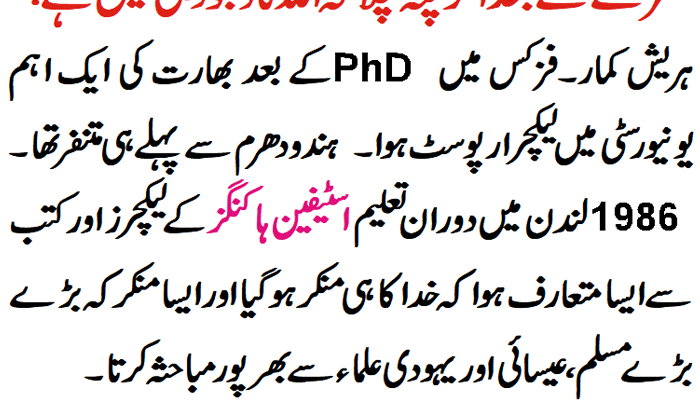Nutrition and diet play a fundamental role in overall health and well-being. The choices individuals make regarding food can significantly impact their physical health, mental health, and longevity. This article explores the importance of nutrition and diet, key components of a healthy diet, and the challenges people face in making nutritious choices.
Importance of Nutrition and Diet
- Preventing Chronic Diseases: A well-balanced diet can reduce the risk of chronic diseases such as obesity, diabetes, cardiovascular disease, and certain cancers.
- Supporting Mental Health: Emerging research suggests a strong link between nutrition and mental health, with diets rich in fruits, vegetables, and omega-3 fatty acids associated with lower rates of depression and anxiety.
- Enhancing Physical Performance: Proper nutrition is essential for athletes and physically active individuals, providing the necessary energy and nutrients for optimal performance.
- Promoting Healthy Growth and Development: Adequate nutrition is crucial during childhood and adolescence for proper growth, development, and cognitive function.
Key Components of a Healthy Diet
- Fruits and Vegetables: Aim to fill half your plate with a variety of colorful fruits and vegetables to ensure adequate vitamins, minerals, and fiber.
- Whole Grains: Choose whole grains over refined grains to increase fiber intake and improve digestive health.
- Lean Proteins: Incorporate lean sources of protein, such as fish, poultry, legumes, and nuts, which support muscle health and overall body function.
- Healthy Fats: Include sources of healthy fats, such as avocados, olive oil, and nuts, while limiting saturated and trans fats.
- Hydration: Staying hydrated is essential for overall health. Water should be the primary beverage, while sugary drinks should be limited.
Challenges to Healthy Eating
- Accessibility and Affordability: Many individuals face barriers to accessing fresh and healthy foods, particularly in food deserts where nutritious options are limited.
- Cultural Preferences: Traditional diets and cultural practices may influence food choices, making it challenging to adopt healthier options.
- Busy Lifestyles: Fast-paced lives often lead to reliance on convenience foods, which are frequently high in sugars, salts, and unhealthy fats.
- Misinformation: The abundance of conflicting nutrition information can confuse individuals about what constitutes a healthy diet.
Conclusion
Nutrition and diet are fundamental to maintaining good health and preventing chronic diseases. By understanding the key components of a healthy diet and addressing the challenges individuals face in making nutritious choices, we can promote healthier eating habits and improve overall well-being. Emphasizing the importance of nutrition education and accessibility will contribute to a healthier population and better health outcomes for all.



